Artificial Intelligence (AI) has undoubtedly revolutionized various aspects of our lives, from advanced algorithms powering recommendation systems to autonomous vehicles navigating our roads. However, as the field of AI continues to advance rapidly, concerns have been raised about its potential impact on humanity. In this article, we highlight five prominent executives who have sounded the alarm bells, warning about the existential crisis AI could pose for humans.
Elon Musk - CEO of Tesla and SpaceX
Elon Musk has been a vocal critic of the unchecked development of AI. He has repeatedly expressed concerns about AI surpassing human intelligence and becoming an uncontrollable force. Musk argues that without proper regulation, AI could pose a significant risk to humanity's future, potentially leading to outcomes that are harmful or even catastrophic. His warnings have sparked debates and discussions on the need for ethical guidelines and responsible AI development.
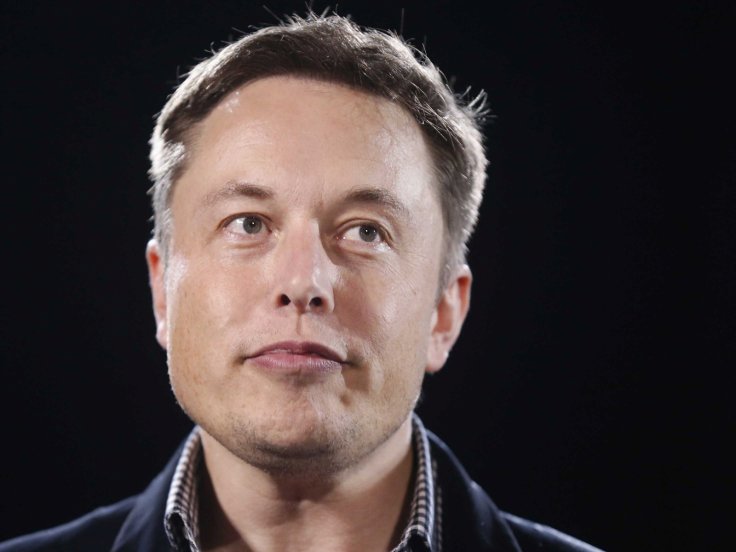
Bill Gates - Co-founder of Microsoft
Bill Gates, one of the most influential figures in the tech industry, has also voiced his concerns about AI's potential dangers. He believes that AI could lead to unintended consequences if not carefully managed. Gates emphasizes the need for society to proactively address the ethical and societal implications of AI to avoid detrimental effects. He advocates for policymakers and experts to work together to establish guidelines that ensure AI is used for the benefit of all humanity.
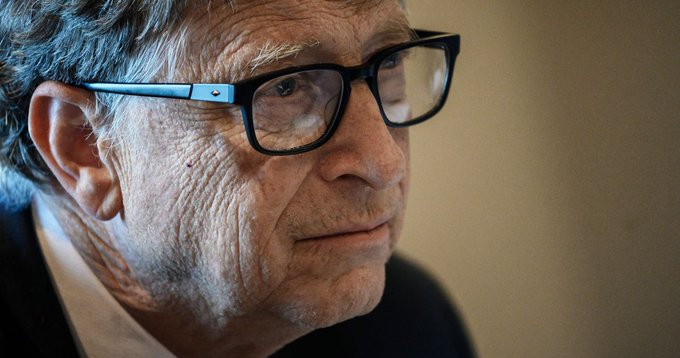
Eric Schmidt - Former CEO Google
Former Google CEO Eric Schmidt has expressed concern about the risks of artificial intelligence (AI) and its rapid development. Speaking at The Wall Street Journal's CEO Council Summit, Schmidt described AI as a "existential risk" that could cause harm or even death for many people. Schmidt acknowledged AI's potential benefits, such as its ability to detect "zero-day exploits" and discover new biological advances.
He emphasized that, while these applications are currently fictitious, they will most likely be realized in the future. Schmidt emphasized the importance of anticipating this scenario in order to prevent malicious individuals from abusing AI technologies.
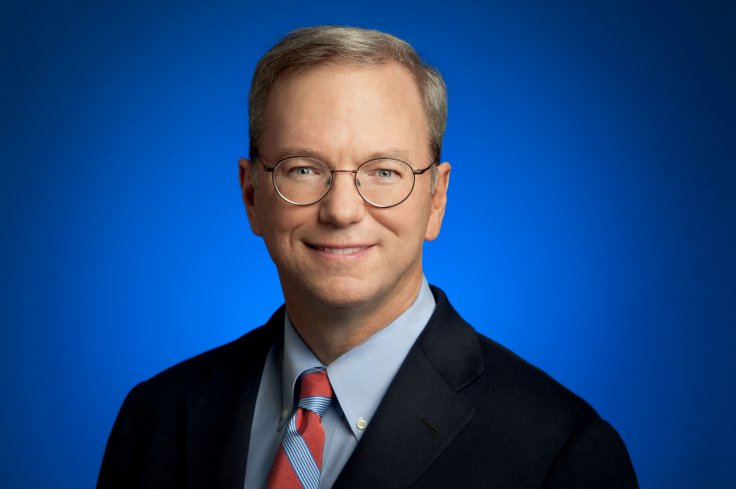
Sundar Pichai - CEO of Google
As the CEO of Google, Sundar Pichai recognizes the transformative power of AI but also acknowledges the risks associated with its development. Pichai emphasizes the importance of aligning AI technology with human values and ethical standards. He has called for the responsible and transparent use of AI, urging the industry to prioritize the well-being of individuals and societies. Pichai emphasizes the need to address bias, fairness, and privacy concerns associated with AI systems.
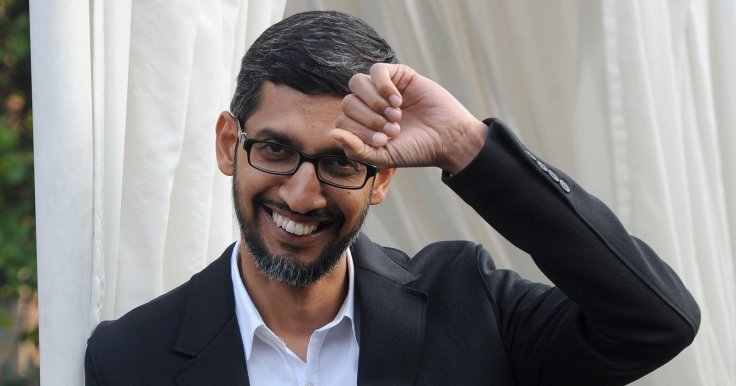
Tim Cook - CEO of Apple
Tim Cook, the CEO of Apple, has expressed concerns about AI's potential to amplify inequality in society. While recognizing AI's positive impact, Cook has cautioned against the misuse of AI algorithms that could infringe on privacy rights and perpetuate discrimination. He believes that companies should prioritize the human aspect of AI development and ensure that technology is designed with the best interests of users and communities in mind.
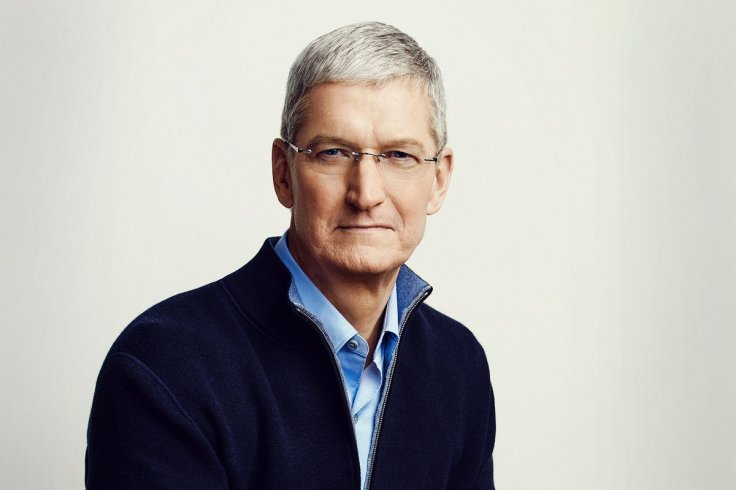
Fei-Fei Li - Co-director of the Stanford Institute for Human-Centered Artificial Intelligence
Fei-Fei Li, a leading AI researcher and co-director of the Stanford Institute for Human-Centered Artificial Intelligence, has raised awareness about the social and ethical implications of AI. Li argues that AI should be developed with a deep understanding of human values, cultures, and diverse perspectives. She stresses the importance of interdisciplinary collaboration, involving experts from various fields, to ensure that AI technologies are aligned with human needs and aspirations.
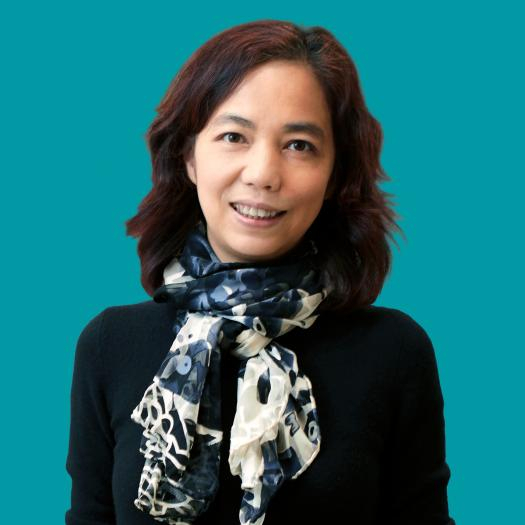
Warnings
While AI has the potential to revolutionize our world for the better, it is crucial to heed the warnings of these executives and address the risks it presents. Elon Musk, Bill Gates, Sundar Pichai, Tim Cook, and Fei-Fei Li have all highlighted the need for responsible development, regulation, and ethical considerations in the AI field.
Their concerns serve as a call to action for governments, researchers, and industries to work together in establishing guidelines and frameworks that prioritize human well-being and mitigate potential existential threats posed by AI. By doing so, we can harness the transformative power of AI while ensuring a safe and beneficial future for humanity.








